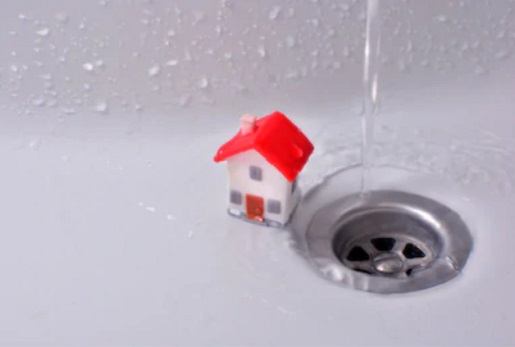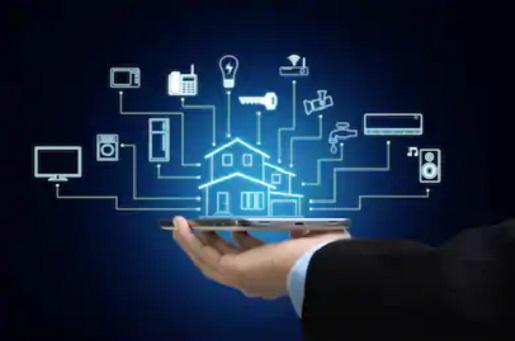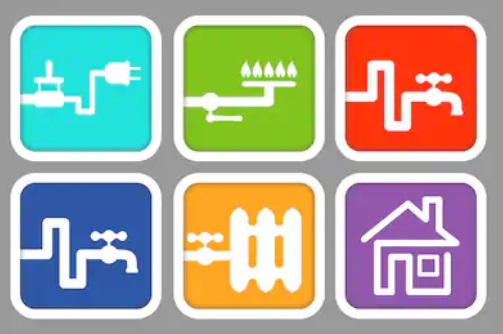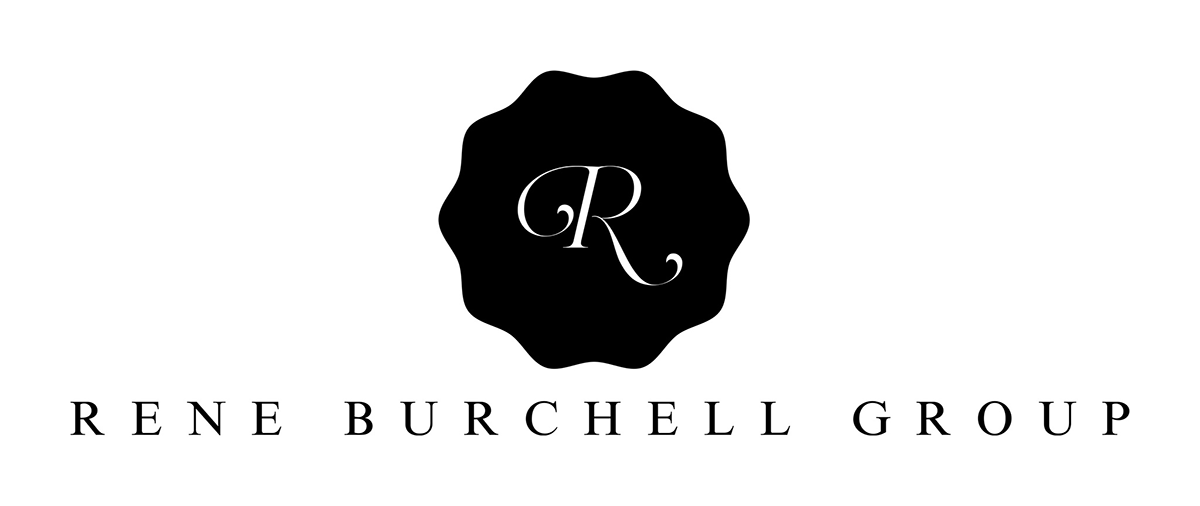Home ownership is an important responsibility. For some, it’s a step up. They go from renting an apartment or house to owning a home and building equity. It’s also a considerable financial undertaking.
If you’re thinking about buying a home in Texas, it’s a good idea to start working on your budget as soon as possible. In addition to your down payment and closing costs, there are other monthly bills to keep in mind. Some of them are mandatory, while others aren’t quite as essential. They can add up in a hurry, so be smart and plan accordingly.
Here are some of the more common utilities for a house:
1. Water and sewer services.
The water and sewer services should be active when you take ownership of your home. You may have to contact the local service providers to have the bills transferred to your name.
The monthly costs will vary, depending on how much water you use in your home each month. The meter in your home is used to calculate those costs.
The public utilities commission will charge you for your water use. Pay attention to the charges, and look for ways to increase efficiency. If there are leaky faucets, you may want to have them repaired or replaced. Efficient faucets use less water, which can save you more money in the long run.

2. Electricity and gas.
They may also supply resources to help you save money. Sealing all window and door frames properly, using updated appliances and keeping your heating and cooling system maintained regularly are just some of the ways to save on your energy costs every month.
3. Garbage/recycling services.
All city residents are also charged for garbage or waste removal. There may be different recycling bins for paper, organic materials and glass or plastic depending on where you live.

Each respective bin should have its own size and/or color to differentiate it. The monthly bill should be a flat rate established by the year. It shouldn’t increase or decrease during the year.
Any price changes should be sent to all residents in writing. You should also receive a schedule from the sanitation company so that you know what the collection dates and times are.
4. Other non-essential utilities
There are other optional utilities that you can buy. They will vary depending on your needs, the carrier and what you purchase.

Here are some of the more common ones:
a. Television
Cable or satellite television is usually offered by several companies in your area. Each carrier will usually offer different channel packages and pricing tiers. Feel free to shop around until you find the best service that meets your needs. The nice thing about having a variety of service providers to choose from is that you usually don’t have to be locked into a certain plan or company. Some of them may even bundle phone and internet services for an overall reduced rate.
b. Internet service.
Internet services are either provided individually or in combination with other utilities such as land line phone service or cable/satellite television. Download speeds and data plans can fluctuate from one company to the next. Again, you have the freedom to compare and contrast pricing and service packages before you make a commitment.
When you’re moving into your new home, make a call to the respective utility companies. They should be able to transfer over existing services for water, sewer, gas and electricity to your name.
You can also switch them over if you’re moving from one home to another. Just give them your contact information, the service ending date at your old home and the date for service to resume at your new home along with the addresses for both houses.
A technician will usually stop by your home to connect service from the outside. They should only need access to the inside of your home if they’re connecting television or internet services. Check with the company ahead of time so that you know when they will be coming and what they will and won’t need access to.
If you are a first time home owner, talk to the service providers that the previous homeowners used. You should obtain this information during the closing process. Call or email them to explain that you are the new owner and so that you can ask any questions that you may have about setting up service in your new location.
It’s almost impossible to predict exactly what your monthly bills will be. A lot of it depends on usage, weather conditions and other factors. For instance, if you live in a colder climate, expect to use more natural gas during the winter. You should also expect your heating bill to be higher during those months.
If you keep your air conditioner running during the summer or use a lot of electricity for your computer or other electronics (appliances, video games, lights, etc.), don’t be surprised if your electricity bills start to spike. A good rule of thumb is to set aside about ten percent of your annual income for utilities.
Have Questions? Ask Rene!




